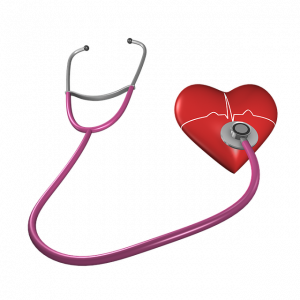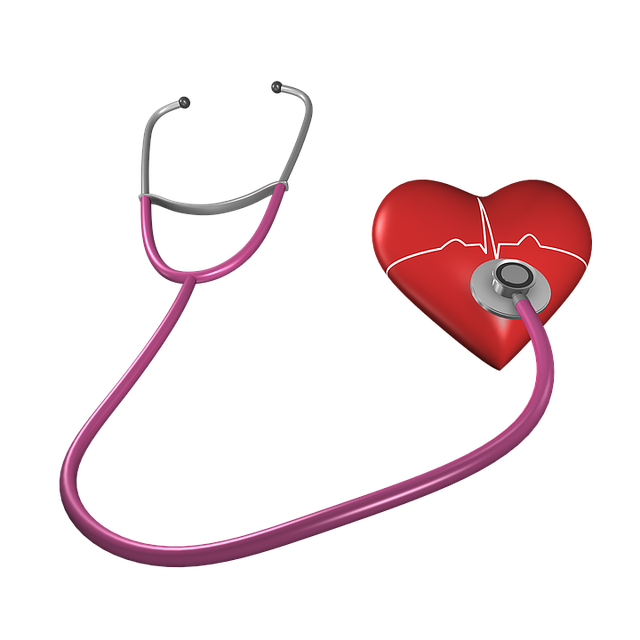Maintaining healthy cholesterol levels is crucial for overall health and well-being. High cholesterol levels can lead to a variety of health problems, including heart disease, stroke, and other cardiovascular issues. While medication can be effective in lowering cholesterol levels, there are also natural methods that can be used to achieve the same results. In this article, we will explore some of the most effective ways to lower cholesterol naturally.
Understanding Cholesterol and Its Effects
 Cholesterol is a waxy substance that is found in the blood. There are two types of cholesterol: LDL (low-density lipoprotein) and HDL (high-density lipoprotein). LDL is often referred to as “bad” cholesterol because it can build up in the arteries and lead to blockages. HDL, on the other hand, is known as “good” cholesterol because it helps remove LDL from the bloodstream.
Cholesterol is a waxy substance that is found in the blood. There are two types of cholesterol: LDL (low-density lipoprotein) and HDL (high-density lipoprotein). LDL is often referred to as “bad” cholesterol because it can build up in the arteries and lead to blockages. HDL, on the other hand, is known as “good” cholesterol because it helps remove LDL from the bloodstream.
High cholesterol levels can lead to a variety of health problems, including heart disease. When LDL builds up in the arteries, it can cause them to narrow and harden, which can lead to a heart attack or stroke. It’s important to monitor your cholesterol levels regularly to ensure that they are within a healthy range.
Dietary Changes to Lower Cholesterol
One of the most effective ways to lower cholesterol naturally is through dietary changes. There are certain foods that should be avoided or limited, such as saturated fats found in red meat and full-fat dairy products. Instead, focus on incorporating foods that are high in fiber, such as fruits, vegetables, and whole grains.
Portion control is also important when it comes to lowering cholesterol through diet. Eating smaller meals throughout the day can help keep blood sugar levels stable and prevent overeating. Meal planning can also be helpful in ensuring that you are eating a balanced diet that is low in saturated fats.
Exercise and Physical Activity
Regular exercise is another effective way to lower cholesterol naturally. Exercise can help increase HDL levels and decrease LDL levels, which can lead to improved heart health. The types of exercise that are most effective for lowering cholesterol include aerobic exercise, such as running or cycling, and strength training.
Incorporating physical activity into your daily routine can be challenging, but there are ways to make it easier. Try taking a walk during your lunch break or doing a quick workout before work in the morning. Finding an exercise buddy can also be helpful in staying motivated and accountable.
Supplements and Herbal Remedies
There are a variety of supplements and herbal remedies that may help lower cholesterol levels naturally. Some of the most commonly used supplements include fish oil, plant sterols, and psyllium husk. However, it’s important to note that these supplements can have potential risks and side effects, so it’s important to consult with a healthcare provider before taking them.
Stress Reduction and Mindfulness
Stress can have a negative impact on cholesterol levels, so finding ways to reduce stress and promote mindfulness is important for overall heart health. Techniques such as meditation, deep breathing exercises, and yoga can be helpful in reducing stress levels.
Self-care is also important when it comes to reducing stress and promoting mindfulness. Taking time for yourself each day to do something you enjoy, such as reading or taking a bath, can help reduce stress levels and improve overall well-being.
Taking Control of Your Health
Taking control of your health is crucial when it comes to lowering cholesterol naturally. Regular check-ups with your healthcare provider can help ensure that your cholesterol levels are within a healthy range. Staying motivated and making lifestyle changes can be challenging, but it’s important to prioritize heart health in order to prevent serious health problems down the line.
Lowering cholesterol naturally is possible through dietary changes, exercise, supplements and herbal remedies, stress reduction, and mindfulness. By taking control of your health and making lifestyle changes, you can improve your overall well-being and reduce your risk of heart disease and other health problems. Remember to consult with a healthcare provider before making any significant changes to your diet or exercise routine.








